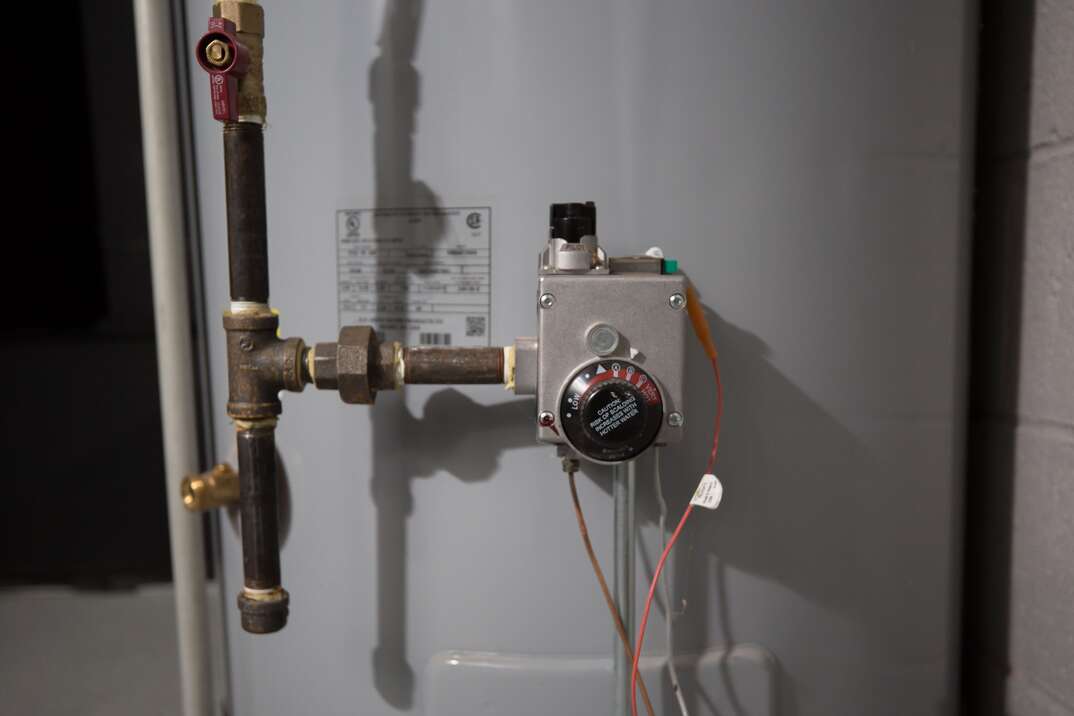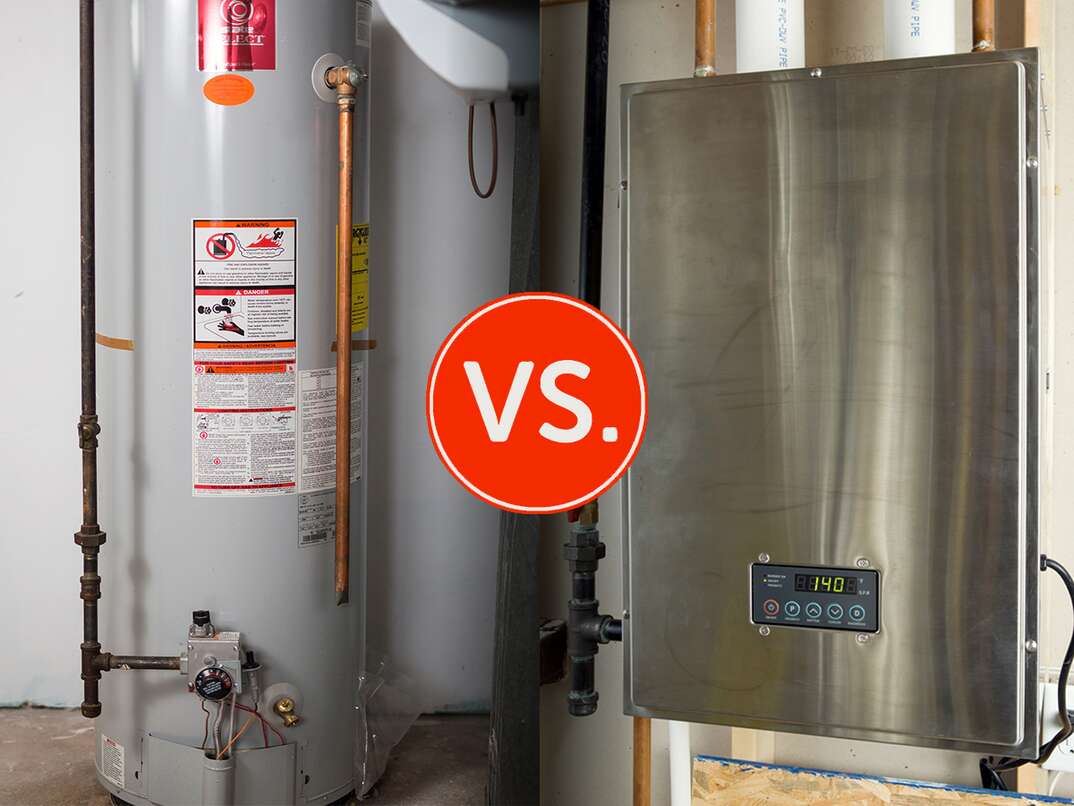Water Line Insurance: What It Is and Why You Need It
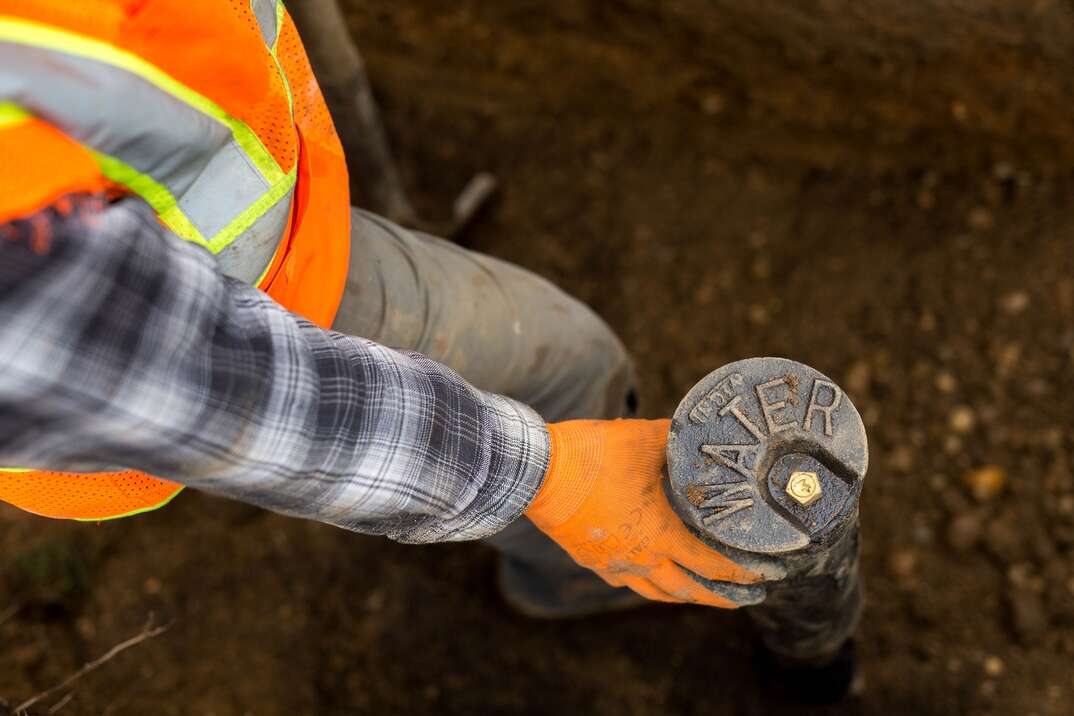
The main water line that carries water to your home is extremely vulnerable. Issues like a fallen tree or shifting soil can easily result in a broken or damaged water main. Do you hate the idea of gallons of water spouting everywhere as your lawn turns into a muddy disaster? Then water line insurance might be a good idea.
This May Also Interest You: Prevent Frozen-Pipe Problems by Knowing These Things Down Cold
Use this guide to learn how water line insurance works and figure out what kind of coverage you need.
What’s Water Line Insurance?
All the water in your home flows from a single line that is usually hooked up to your city's water supply lines. This line is much larger than your other pipes, and it flows through multiple valves before reaching your home. The main water line is usually a very reliable part of your plumbing. However, accidents do happen. Overenthusiastic yard work can break the line, or the shut-off valve at the end of the water main can loosen. It’s also possible for things like earthquakes, freezing temperatures or uprooted trees to damage your water line.
Water line repairs often cost thousands, so it’s a good idea to protect yourself. Water line insurance is a preventative measure that can be quite helpful. This insurance works like any other: You pay a flat rate — usually around $50 to $100 a year — and then you get help with the costs of a broken line should such an issue arise. Covered repairs may include things like replacing the water line, fixing damage to your home or landscaping and repairing broken valves, depending on your level of coverage.
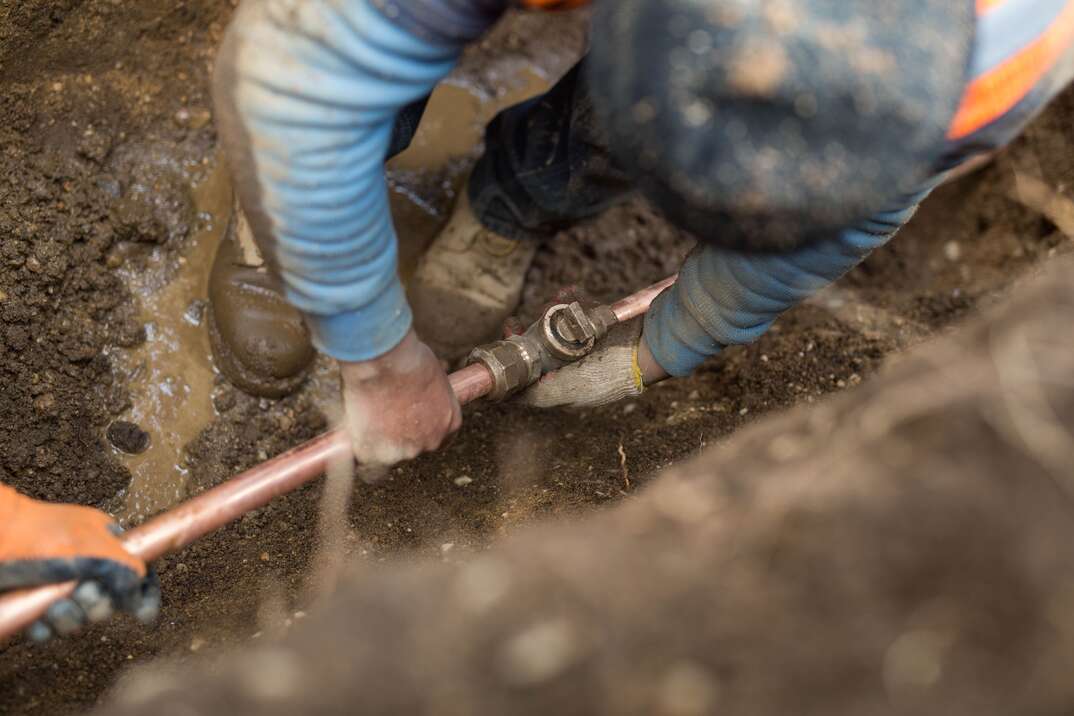
Is There a Difference Between Water Line and Sewer Line Insurance?
These two things are often confused because they're quite similar. They're both big pipes that go under your lawn and hook your plumbing to the city's pipes. However, it's important to keep in mind that your water line and sewer line are two separate things. The water line brings fresh water to your home while the sewer pipes carry waste and used water away from your home.
Typically, these two separate systems require two separate policies. It may be possible to find policies that provide both water and sewer line coverage at the same time. However, the majority of policies will only cover one or the other. Make sure you read potential policies carefully to ensure you are getting the right one.
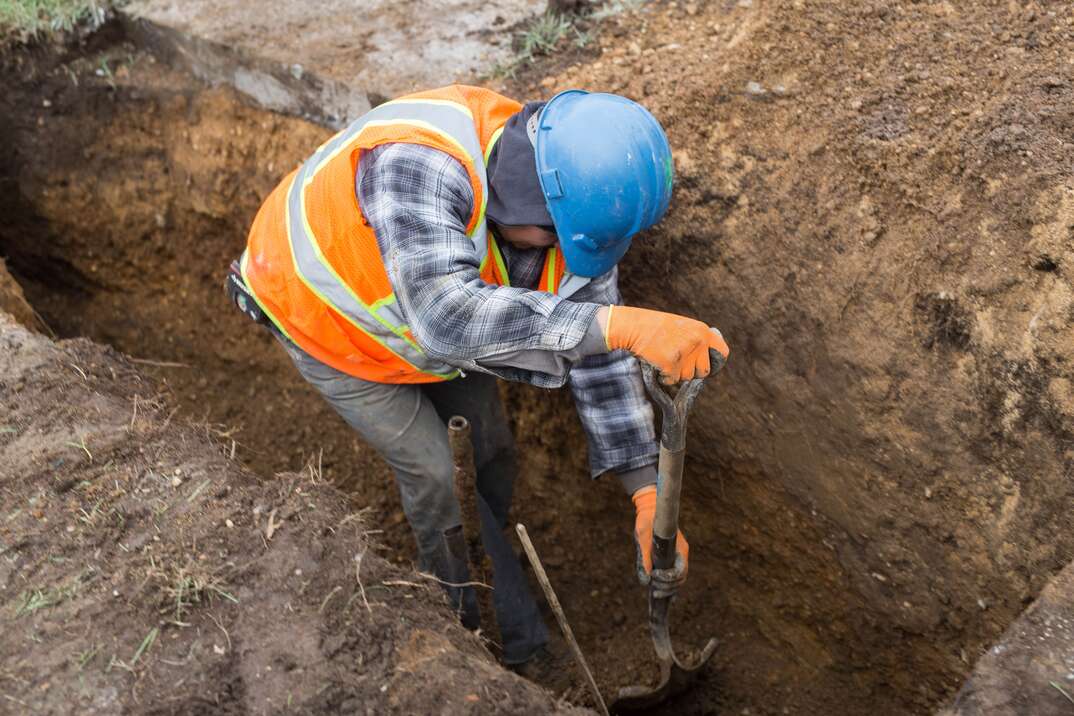
How Much Does It Cost to Repair or Replace a Water Line?
Broken water lines are one of the pricier plumbing problems. The main challenge is that your water line is buried underneath your lawn. This means that you'll spend hundreds just to access it before any repairs are made. Prices will vary depending on what is wrong with your system. If there's just one broken section, expect to pay $500 to $1,000.
However, if you have to dig up and replace the entire line, it will most likely cost $2,000 to $3,000. There are several factors that can increase the cost of a repair or replacement. If you have to dig underneath a concrete patio or use a freeze-resistant material, it will cost more. In the worst-case scenario, you may spend more than $5,000 on repairs.
Does Homeowners Insurance Include Your Water Line?
Whether or not your homeowners insurance covers the water main will depend on your policy and what happened to the line. Many policies technically cover water line problems. However, they only cover problems that occur due to unexpected accidents — something like your neighbor accidentally digging over the property line and hitting your main. Meanwhile, issues caused by general wear and tear or lack of maintenance are not covered.
Whether or not your house is covered from damage will also rely on your homeowners insurance policy. Many policies have a flood damage exclusion. This means that if a broken water main floods your house, your insurance might not help. And even if your policy will cover these sorts of repairs, it may not help you replace damaged belongings.
More Related Articles:
- Pipe Burst? Here’s What to Do Next
- How to Fix Common Plumbing Leaks
- Here’s Why Your Water Is Discolored — and What You Can Do About It
- 4 Ways You Can Fix a Leaking Pipe
- Why Are My Water Pipes so Noisy?
A Breakdown of Your Water Line Insurance Coverage Options
If you want insurance for your water line, you have a few different options:
Add It to Your Homeowners Insurance
You can get a rider for your homeowners insurance. This is essentially an add-on, which provides additional coverage options. While it can be helpful, the problem with riders is that they are very specific. For example, you might have to get one rider for flood damage, another for your water line and another for property damage from a broken main line. All of this can add up.
Purchase a Home Warranty
In many situations, a more cost-effective option some type of home warranty plan. A home warranty works like homeowners insurance, but it provides broader coverage for a specific item. A home warranty for your water main may cover all sorts of damage due to wear and tear, which is not covered by traditional insurance. Home warranties can also provide better coverage for all the annoying side effects of a broken water main.
When shopping for water line insurance, you need to consider cost and coverage. It can be tempting to just go with the cheapest option altogether, but you should read the coverage policy carefully. Ensure it includes appropriate amounts of coverage for all the ways a broken water main can damage your property.
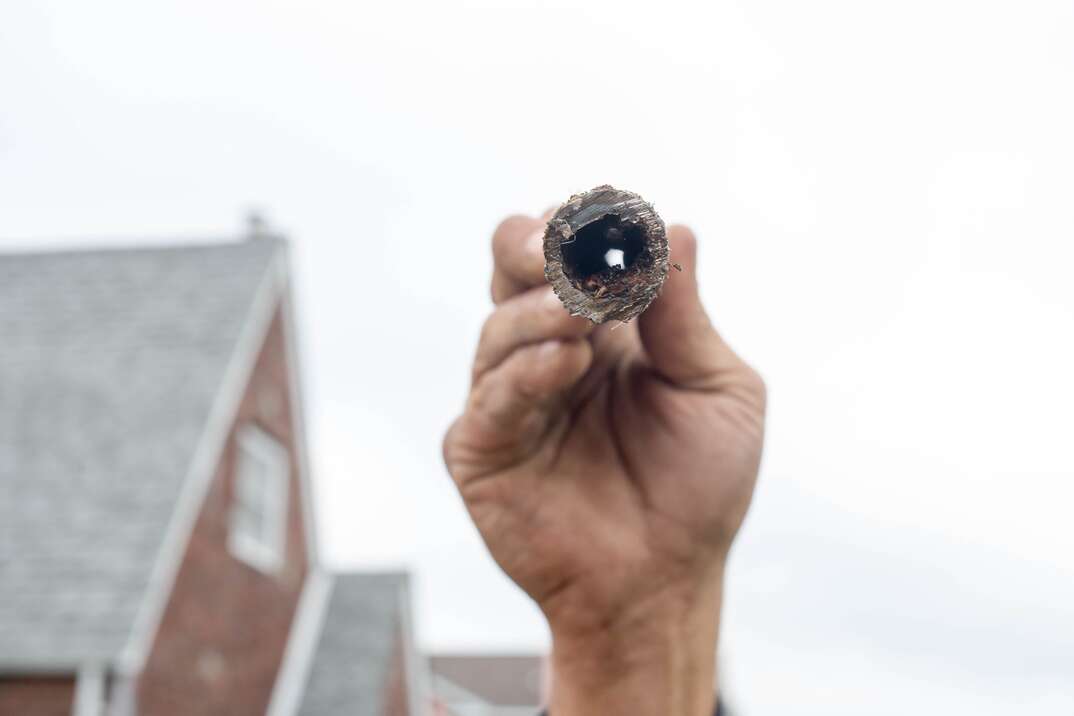
Advantages of Water Line Insurance
Water line coverage can afford you a few added benefits, like:
- You won't end up scrambling to pay for an unexpectedly pricey repair.
- You’ll get coverage for things not included in basic policies, like fixing damage to your property and making repairs.
- You can rest easy knowing you don't have to stress over the hassle and cost of unforeseen water line problems.
